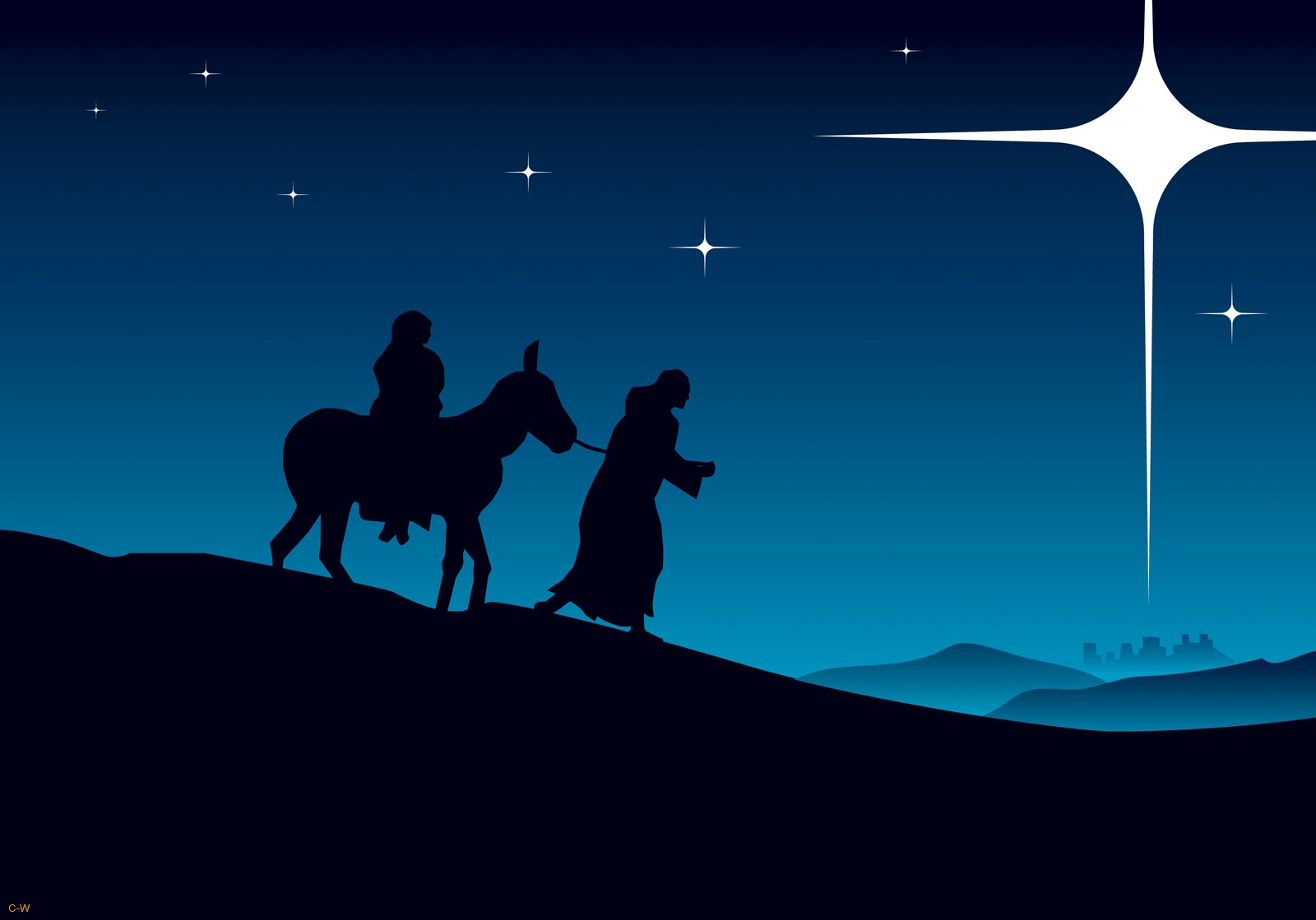Isaiah 40:25-31, Mark 1:29-39
Reflection given by Revd Sue McCoan Sunday 7th February 2020
Before we hear our bible reading from Mark’s gospel, I just want to set the context. It’s really early on in the gospel – just a few days after Jesus has called his first 4 disciples, Peter, Andrew, James and John. It’s the Sabbath, and Jesus has been to the synagogue in Capernaum with them and was invited to teach. A man with an unclean spirit called out and, as much as anything to stop the interruption, Jesus healed the man. We pick up the story as they leave the synagogue.
Bible reading: Mark 1: 29-39
Well, that was quite a morning! Hearing Jesus teach was impressive enough, but then he healed that man as if that was nothing special for him. And when they we got him home to keep the rest of the Sabbath in peace, trying not to disturb Simon’s mother-in-law because she’s poorly, he went and healed her as well. This is wonderful!
Wonderful, at least, for the disciples, and for the people who were healed. But what about Jesus? This is his Sabbath too, and he has been working: teaching, healing, giving of himself to those who need him. Still, at least he can spend the rest of the afternoon in peace. And it will soon be sunset, and the end of Sabbath, and we can have a nice quiet meal together…
Wait a minute – what’s that noise outside? Who are all these people?
In those few short days in Galilee, word has got about. Now the congregation at the synagogue will have gone home and told their families. And here they all are, with Sabbath over, gathering outside the door, bringing all the sick and suffering people they can find.
Once again, Jesus puts his own needs aside to attend to those who come for help, meeting their needs in whatever way he can. It looks as though he was working well into the night. And yet, early in the morning, he gets up before dawn and goes out, looking for a quiet place to pray.
There are two things we might draw out of this reading, to help sustain us in our faith.
The first is the need for quiet time alone with God. Jesus didn’t get that time on the Sabbath, so he made sure he fitted it in as soon as possible, before the next day got going with all its new demands.
We all know that we need quiet time with God: in prayer, in bible reading, in simply sitting in the presence of God. We also all know that there are any number of distractions that get in the way. The phone rings, the dog needs to go out, we remember something really urgent… or, if all else fails, our minds wander off on their own to any amount of randomly interesting places, and even, on some occasions, to sleep.
The good thing about this reading is not just that Jesus needed prayer time but that he had distractions too. He had people who turned up needing help. When they’d gone, he was tired and needed sleep. Once he started praying, his disciples came to interrupt him. So let’s not feel bad about our distractions; these things happen. Let’s not feel bad if we can’t pray for as long as we think we should or would like to. And let’s not feel bad if we fall asleep – sometimes sleep is God’s gift to tired people. But here’s what matter: when these things happen, let’s not fall into the trap of thinking ‘oh, I’m no good at this, might as well not bother’. We have the example of Jesus: deal with the interruption – let the dog out, make a note of the urgent thing – and then as soon as you can, pray again.
The second thing we might take from this reading to sustain us is the way Jesus is so wonderfully generous with his time and gifts. He deals graciously with everyone who comes to him, no matter how inconvenient, and gives to each person whatever it is they particularly need from him. To those who are sick, he brings healing; to those troubled by guilt or sin he brings forgiveness. We see this throughout the gospel. To his disciples, he gives in-depth teaching. To more casual listeners, he tells parables so they can be drawn in more slowly. To social outcasts he gives invitation and a real sense of belonging. To hungry people he gives food. Even to the Pharisees who come just to pick holes and cause trouble, he offers careful debate and wise words.
And he doesn’t just give to the people who stand in front of him. Jesus also gives to the followers who will come after him, the ones he will never meet in person. To us. One of his great gifts to us is the breaking of bread and the sharing of wine, for the remembering of his life and work and giving, for the strengthening of fellowship with one another and with the Holy Trinity, for the celebration of life and the proclamation of the Lord’s death until he comes. Such richness; such nourishment. Such a gift.
Today we have taken time to be together for worship. I hope there has been some refreshment within it. We will very shortly share in communion, and in that, too, may we be strengthened and sustained. In the introduction I talked about how we sustain our faith but it’s not we who do it – it’s God, God who
…does not faint or grow weary;
whose understanding is unsearchable.
He gives power to the faint,
and strengthens the powerless.
Let us wait on the Lord this morning, and renew our strength in his.
Amen.





